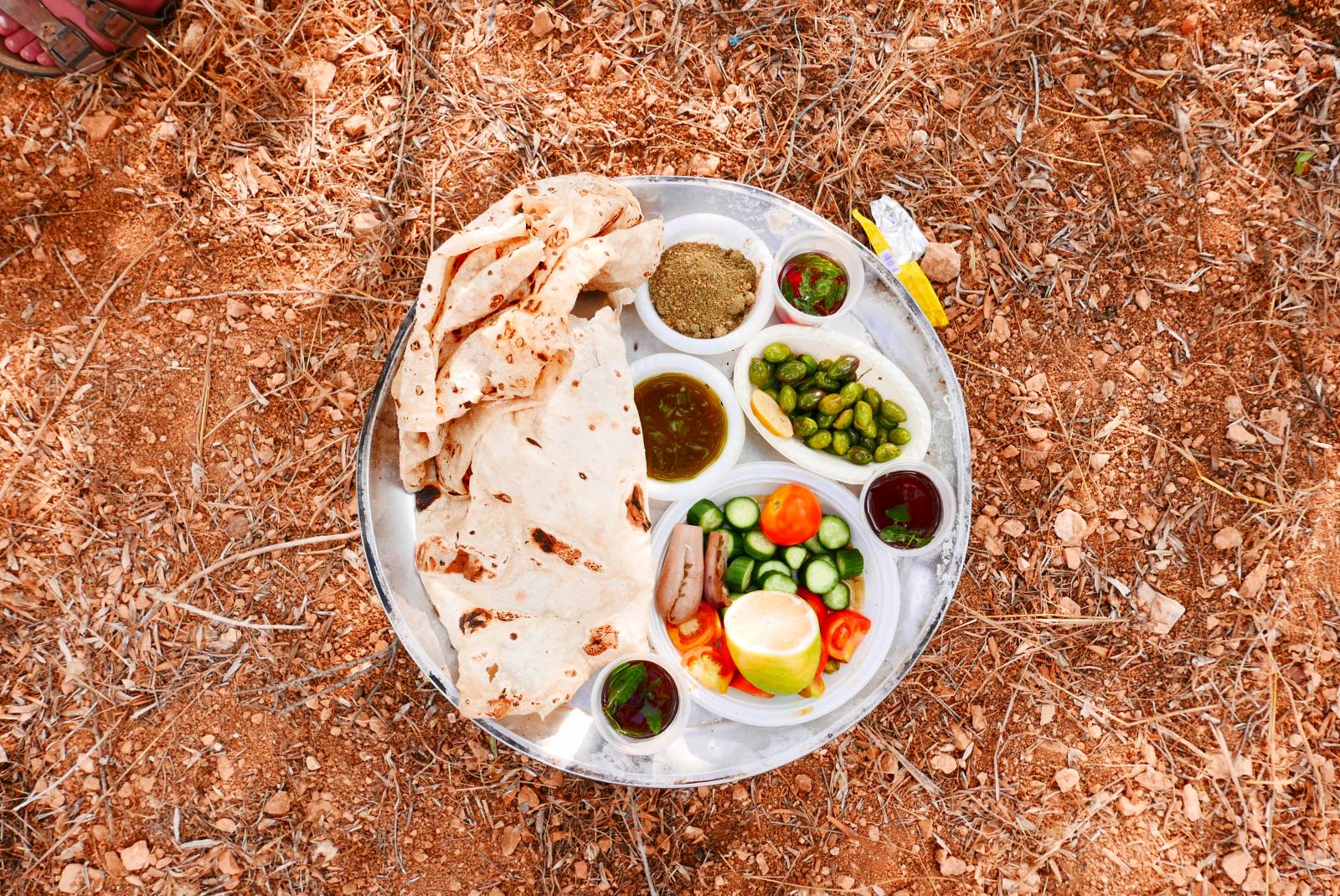Background
Initially founded on a series of research projects focused on different questions related to power and everyday violence, the Palestine Research Group provides a forum for researchers interested in questions related to Palestine. It aims to combine conceptually rigorous and ethnographically rich work on everyday politics in/of Palestine. This means, in particular, of re-thinking questions of politics, space and power in relation to various themes characteristic to everyday political violence, Palestinian diaspora refugee populations, logics and justifications of war, operations of Israeli power regime, and the long legacies of colonialism in the region.
While inaugurated by researchers affiliated to Tampere University (Finland), ‘Geographies of Coloniality and Everyday Violence Research Group‘ (GOCEP) and Newcastle University (UK) ‘School of Geography, Politics and Sociology’, the network and the ongoing projects collaborate with researchers around the world with affiliations to Queen’s University Belfast (Ireland), Harvard University (US), University of Kentucky (US), Birzeit University (Palestine), Aberystwyth University (UK), Durham University (UK), and more.
Who we are: Aims and Cooperation
We are a network of researchers who collaborate in the form of events, research and funding applications. We organise annual events, including workshops, seminars and conference sessions, each of which is announced in our webpages. Research collaboration includes joint publications, edited collections, theme numbers, and joint projects. More information can be found in the research and publications section and our news feed. Although we do announce all open positions on our webpages, we always have several new projects applications and funding ideas in process – please contact us for more information if interested to hear more.
Through these collaborative forms our aim is to create a network of shared resources for scholars working with various political, social, cultural, and geographical questions related to Palestine, and the broader Middle East region. With such forms, we wish to enhance and catalyse novel conceptual elaborations grounded on various fieldwork methodologies.
Key focus of research
Vulnerability, governing and spaces of everyday life
The first group of research works with various topics related to politics of vulnerability. They focus particularly on how vulnerable conditions are used as means of governmentalising power and controlling Palestinian lives, also tracing the manifold ways through which shared vulnerabilities engender solidarities and shared practices of everyday collaboration and resistance. In relation to former, under particular scrutiny are more everyday forms of political violence: modes of slow wounding, waiting, normalisation and so on, as they come to define aspects of Palestinian life through the legal and bureaucratic injustices, military and settler violence, and other forms of structural violence. In relation to latter, under special scrutiny are those mundane ways which Palestinians negotiate, mitigate, cancel, ignore, transform and counter different forms and consequences of politics violence.
Embodied borderings
The second group of works focuses on bodies crossing (or not crossing) borders. Borders are understood as physical, bureaucratic and corporeal borders with broad spatial and temporal effects. More specifically, work on this theme asks questions around the embodied aspects of bordering, border infrastructure (for example, checkpoints) and bureaucratic bordering (for example, visas and permits). Borders thus become simultaneously sites of visible security architecture and also orientating factors in community and domestic settings. Attending to these sites reveals the ways that colonial infrastructures of checkpoints and bureaucracies induce anxiety and precarity, affect gender roles and order divisions of labour among the population of Palestine.
Future and the politics of temporality
The third group of works concentrates on questions related to temporalities of power and politics as they emerge, not only in Israeli use of legal, permit, planning and security apparatuses, but in everyday Palestinian lives. By looking at everyday encounters and various temporalisations of political refusal on the one hand, and legal, permit and security regimes on the other hand, this stream thus aims to create understanding of the manifold ways in which different futures affect, follow and relate to present conditions. This means, in particular, looking at ways in which different anticipations, fears and hopes of/for future/s do not merely emerge from realities on the ground, but also simultaneously produce and direct conditions of living in the present. For instance, pending home demolition orders open up a realm of affective expectations, which create a form of anticipatory violence with tangible and embodied effects on the everyday Palestinian life.
Environment and Environmental violence
More recent the group has focused on questions of enviromental violence and violence targering the material conditions of living. This include ERC-project War and Geos looking at the environmental legacies of militarism, particularly through soil, earth and health, and the Dwelling with Crisis: Home at Spaces of Chronic Violence (HOMCRI), an ERC-project focusing on various questions of embodied materiality, ranging from atmospheres, infrastructures and homemaking/building, to landscapes and indigenous environmental practices.
For more information, see also projects and presearch and publications sections.

